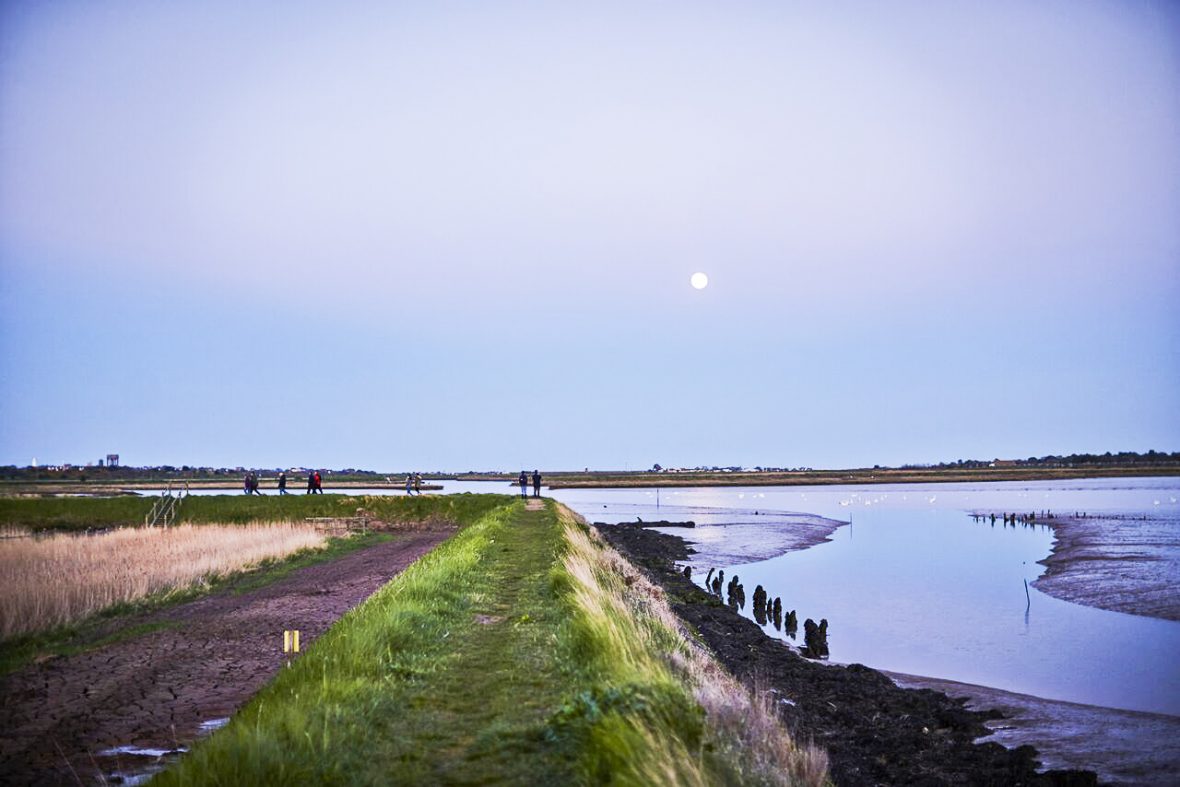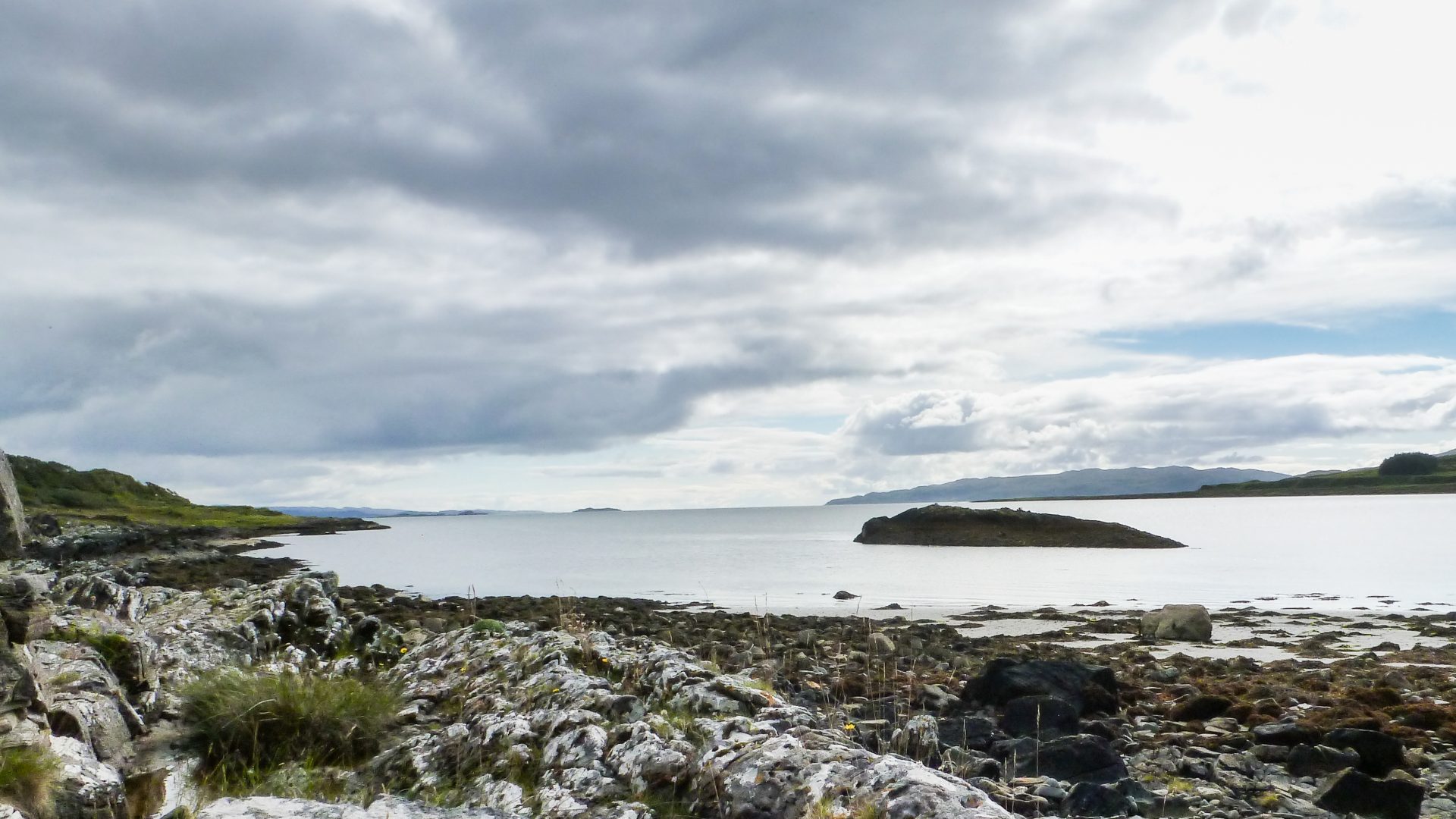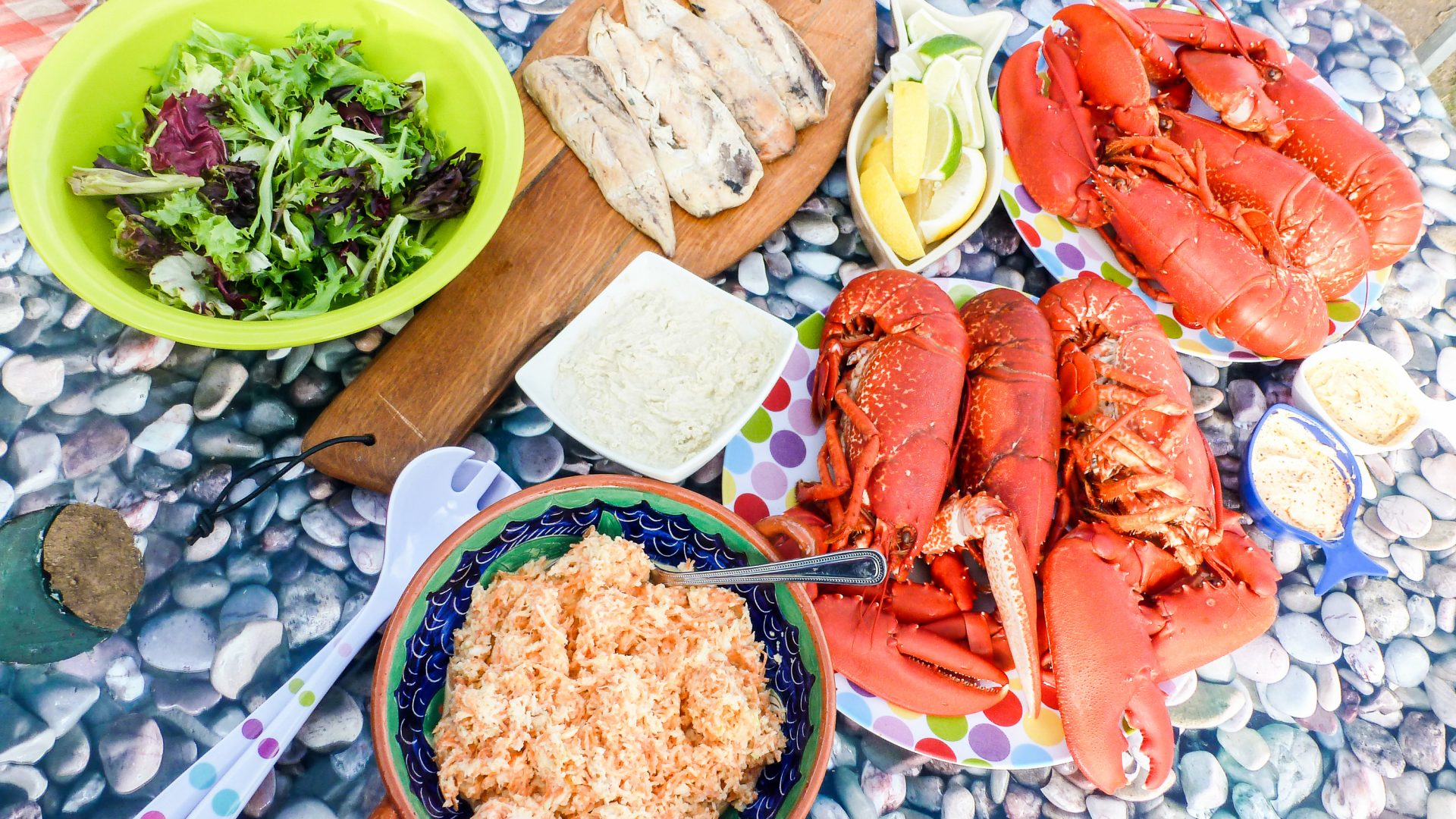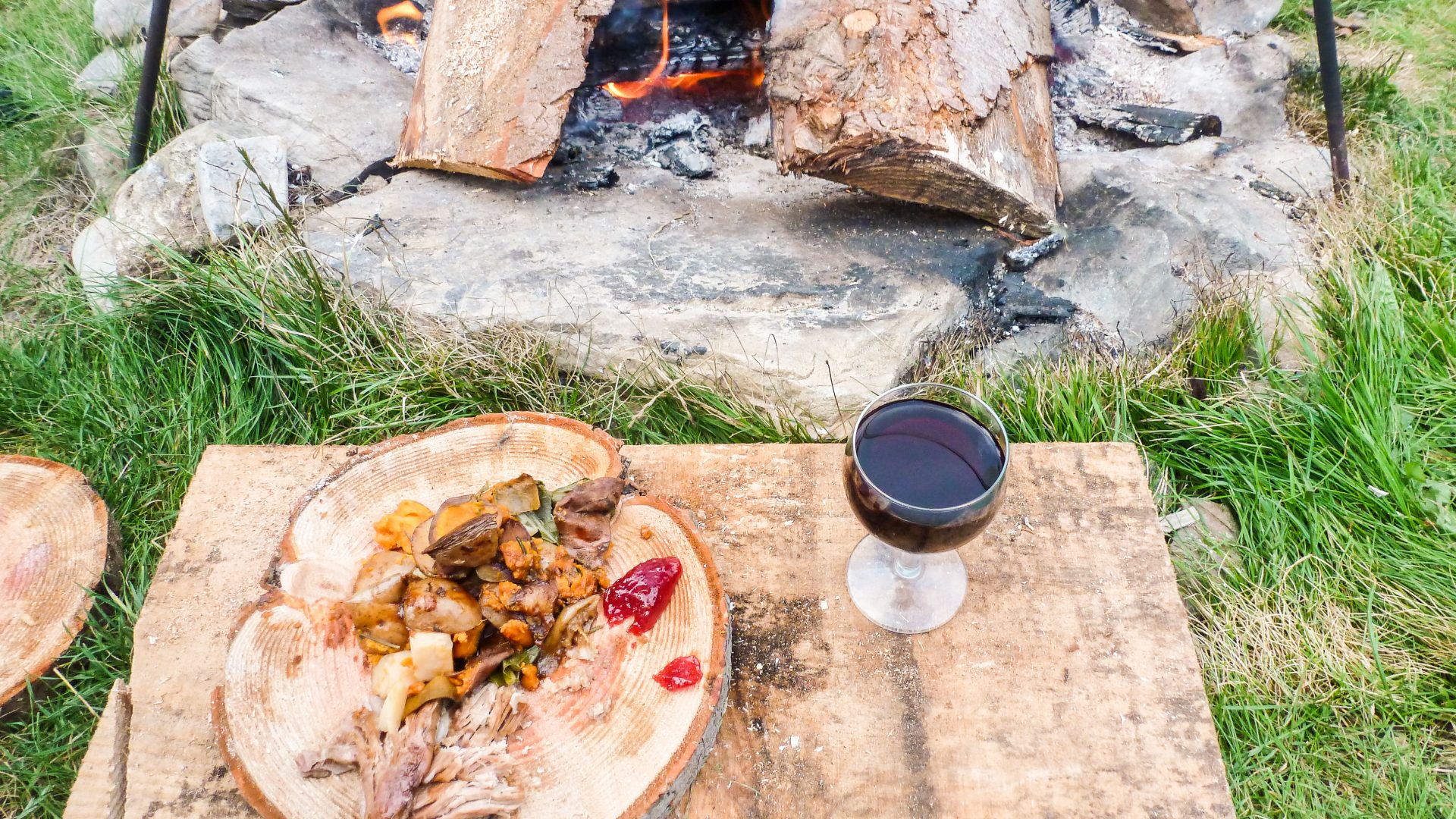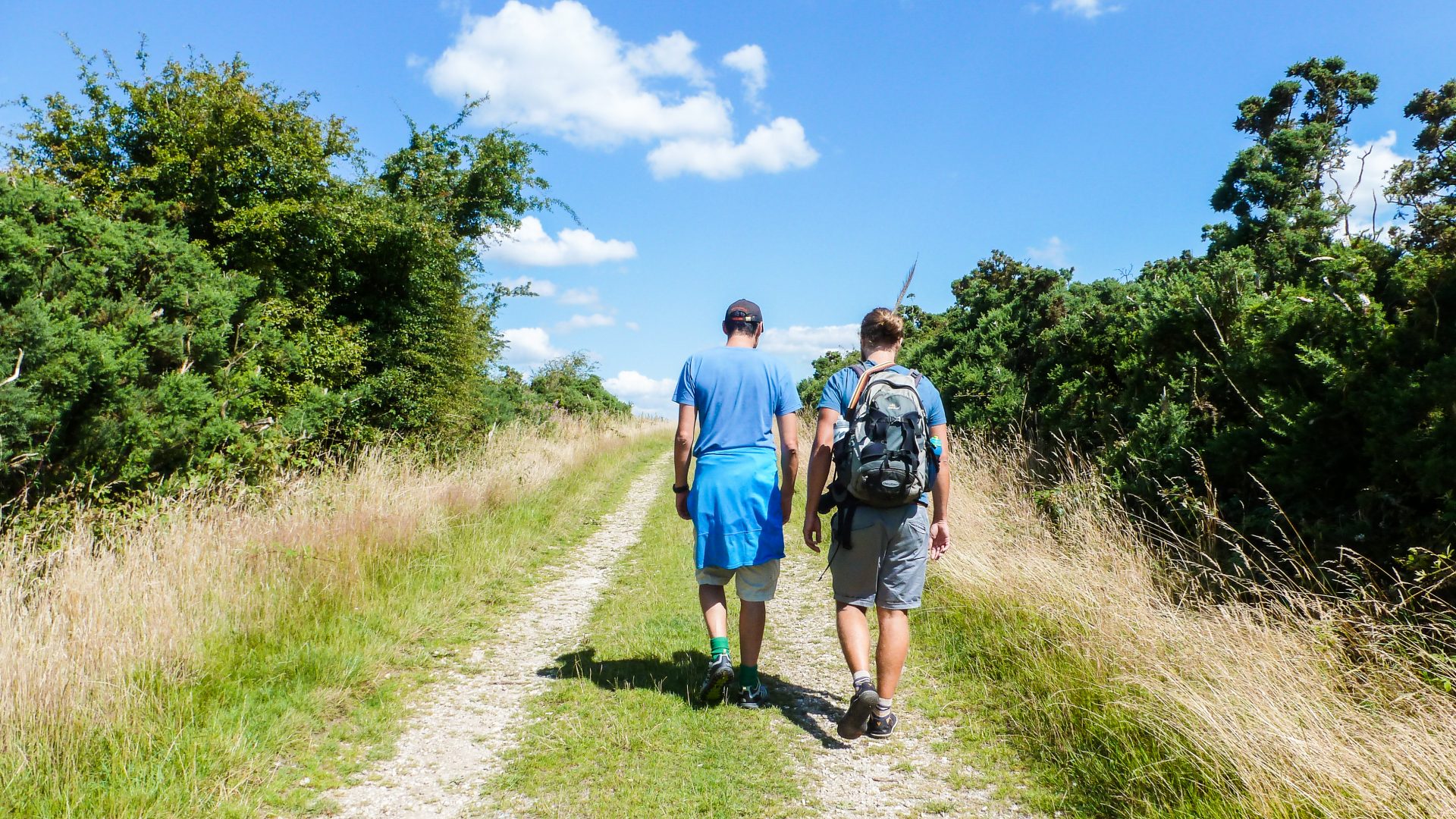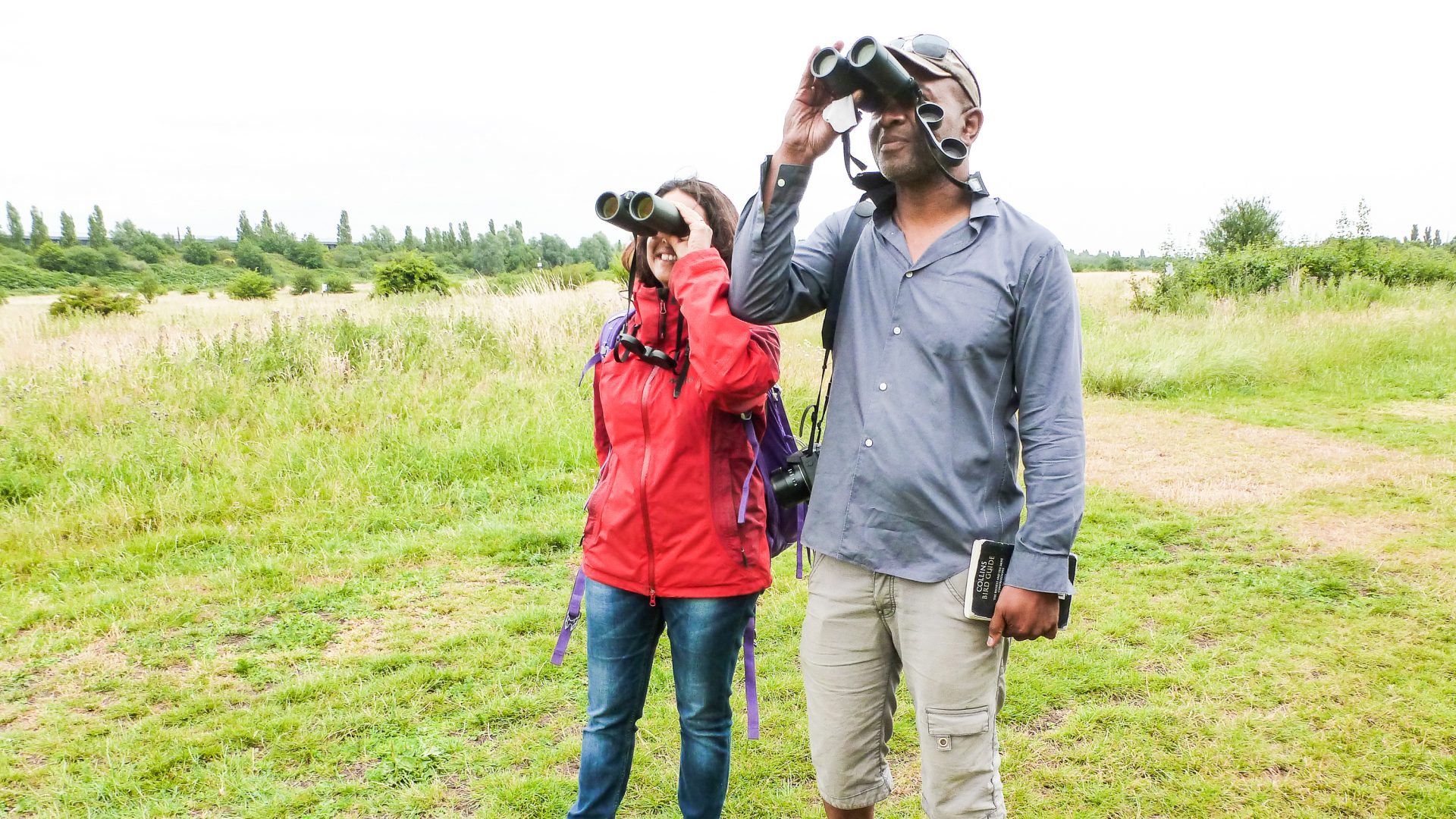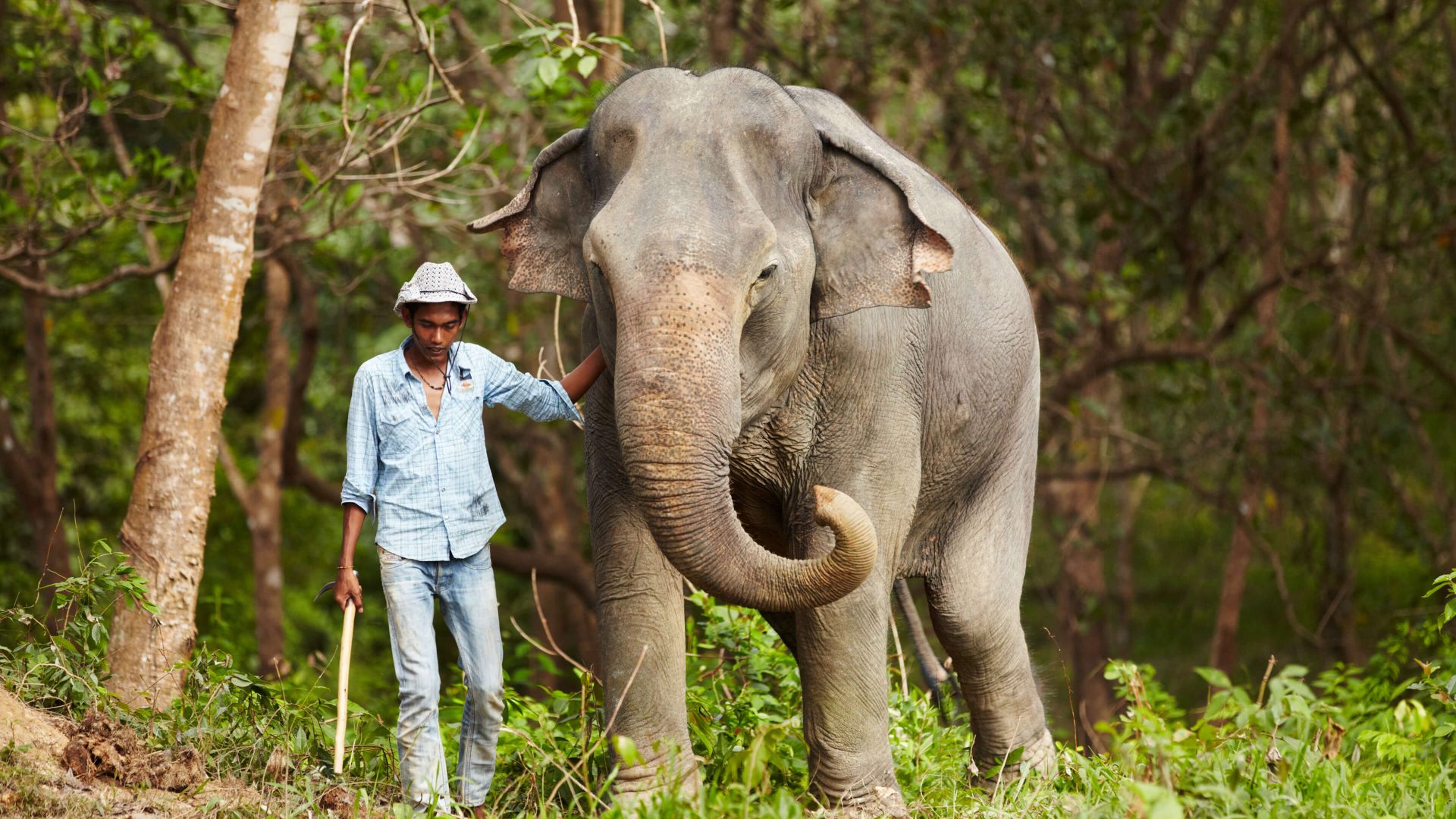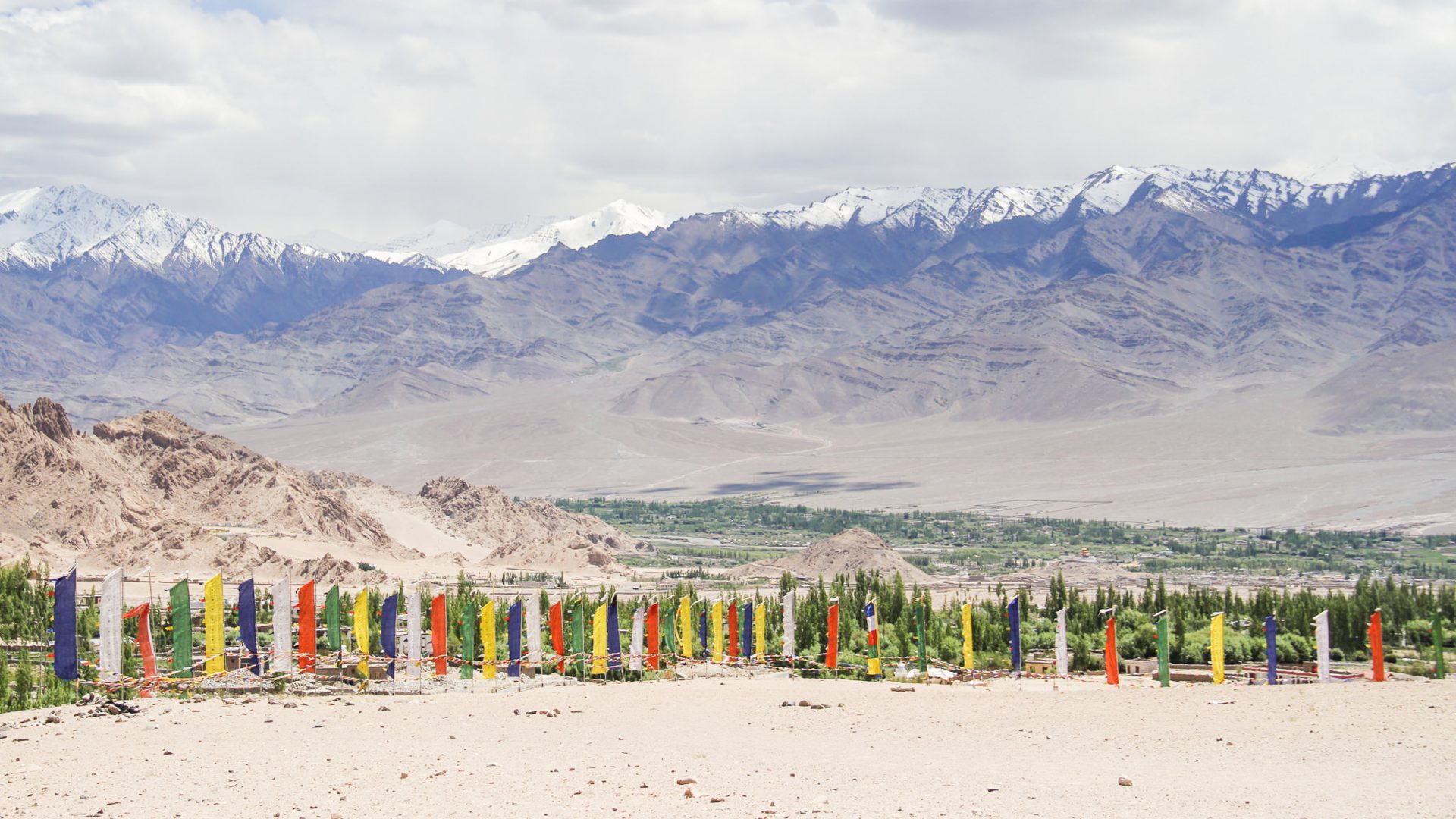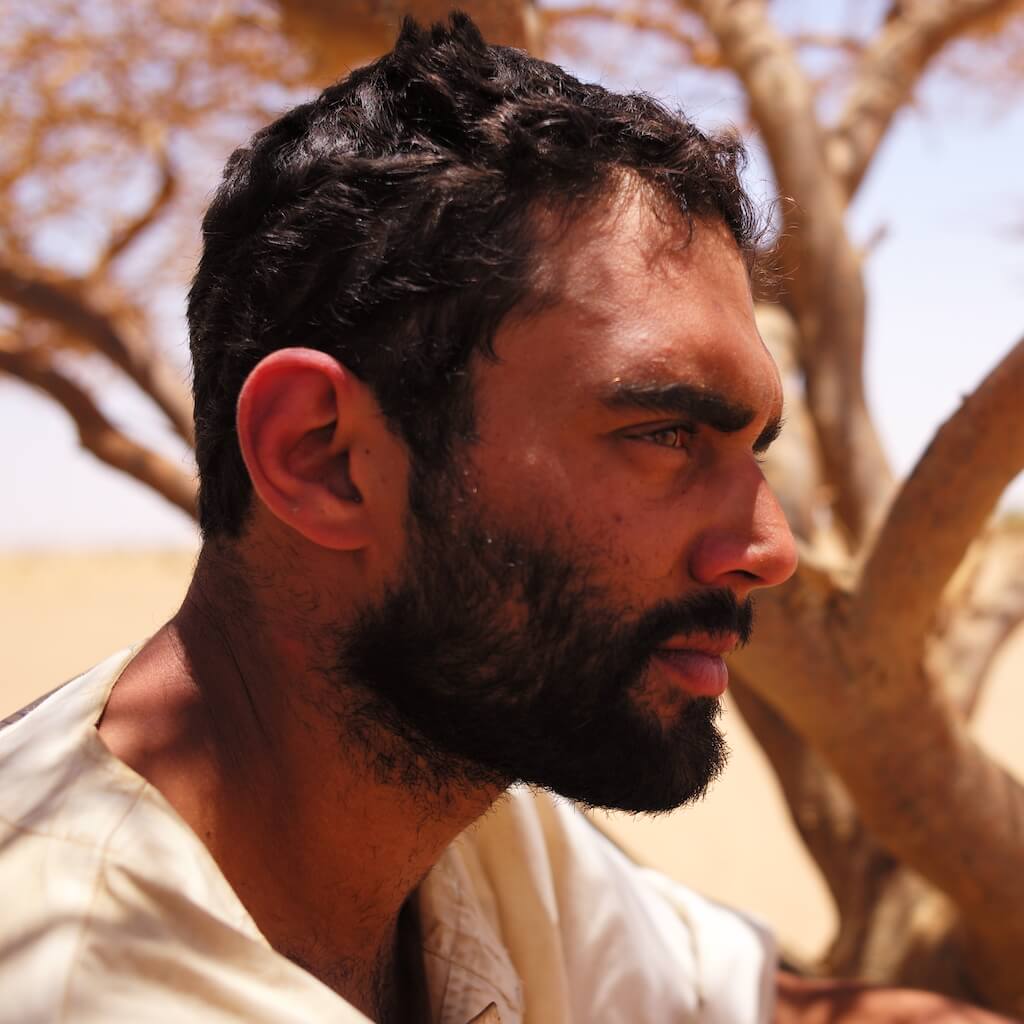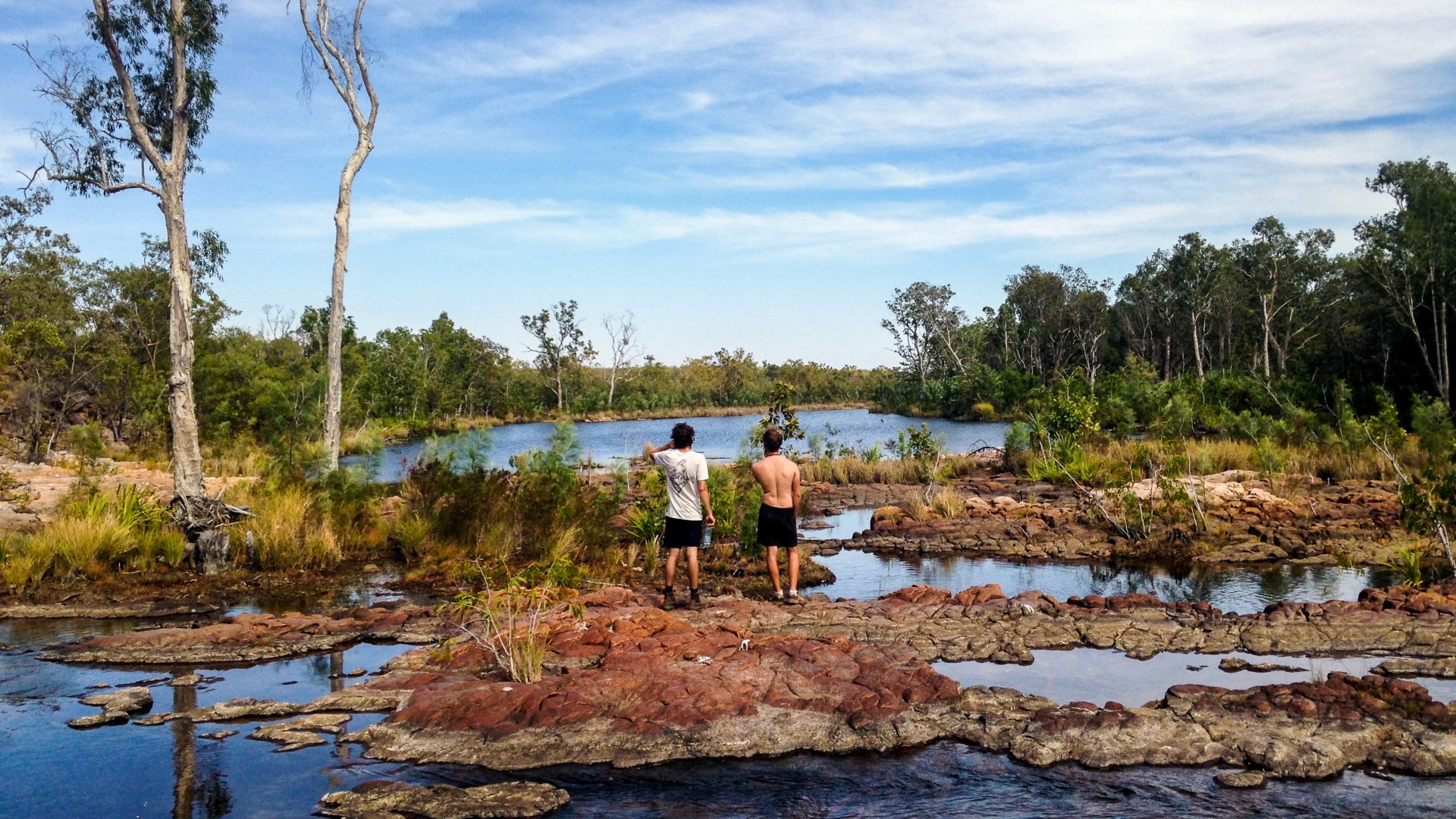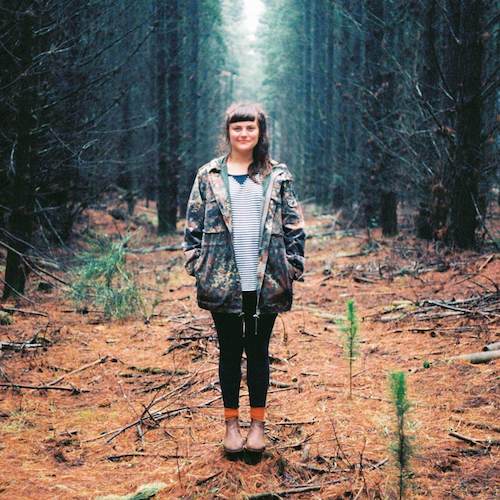Travel writer Jini Reddy penned Wild Times: Extraordinary Experiences Connecting with Nature in Britain after an unexpected solo trek in the jungle transformed her fear into a new-found connection with nature, especially with the offbeat outdoor adventures close to home.
When Jini Reddy found herself unexpectedly trekking alone in remote jungle in Guatemala, a three-hour hike to the next camp, her anxiety and fear slowly transformed into something else; a connection with nature she’d never felt before. From that moment on, she was hooked.
This unplanned event ended up marking the start of a new chapter. Fed up of airport hassles, jetlag and carbon footprint guilt, she decided to experience connections closer to home. “I was hungering for more unusual ways to connect with nature, in ways that those of us who aren’t naturalists or wildlife experts might relate to.”
It’s what eventually led the travel writer-turned-author to write Wild Times: Extraordinary Experiences Connecting with Nature in Britain, 26 tried-and-tested nature experiences across England, Scotland and Wales, which she spent five months researching. She describes Wild Times as ‘part-narrative, part-guidebook.’ Descriptive passages about each experience are followed by a practical ‘Nuts and bolts’ section on where to stay and how to get there, while ‘More wild times’ suggest other similar experiences. She also offers ‘Takeaway tips’, which is her own nifty advice on how to make the most of each experience, at the time or at home. It’s honestly written, informative with a light humorous touch, and both personal and practical.
It’s certainly not your typical travel book. “You could call it ‘green travel with soul,’” says Jini. “The experiences straddle nature and slow travel. Some are more offbeat and quirky, others have a more traditional feel.”
RELATED: Protecting the Himalayas: one local doing his bit
One of her objectives was to encourage people to try something different, such as the Full-Moon Meander, a hike under a full moon in Suffolk. “It’s wonderfully atmospheric,” she says. “Another is the Slow Paddle in Search of Otters which involves a tranquil paddle on the River Bure and a night of wild camping.”
She certainly has a knack of seeking out some of Britain’s most unusual nature encounters. In one chapter, the Ancient Coastal Paint Palette, Jini walks with a local fisherman along a remote stretch of beach on the North Yorkshire coastline. It’s no ordinary walk – this is where they harvest ochre, a natural pigment, from rocks and cliff caves. “It’s the way our Neolithic ancestors might have done it,” says Jini. The experience includes meeting an artist who works with natural materials, and and creating a natural paint palette with her help. In another chapter, a three-day retreat includes 24 hours of solo camping and fasting. On other trips, she learns to build a fire from scratch and how to navigate using the sun, wind and other pointers from nature.
This approach is just one of the ways in which Jini believes re-connecting with nature can be a powerful tool. “We’re suffering from ‘nature deficit disorder’. But time in nature can awaken our senses, lift our spirits, evoke awe and wonder, challenge us or offer solace and wisdom—all of which can make us feel more alive.”
It doesn’t matter where you live either; you certainly don’t need a national park at your doorstep. “I live in a London suburb but there’s woodland ten minutes from my front door,” she says. “I walk there almost every day and sit by the lake or hug a tree!”
And that’s the essence of Wild Times. While the book may focus on specific experiences, the message is that anyone can connect with nature at any time, in any way. “Go for a walk—a park will do—and find a quiet spot and look at what’s around you,” Jini says. “Feel the wind, sun, rain on your skin. Listen to birdsong. Feel the stillness of a lake. Walk barefoot on the grass. Drink from a natural springs. If all else fails, celebrate the sky above you and the earth beneath your feet. Connecting with nature is really about giving our attention to the nature in our midst.”



